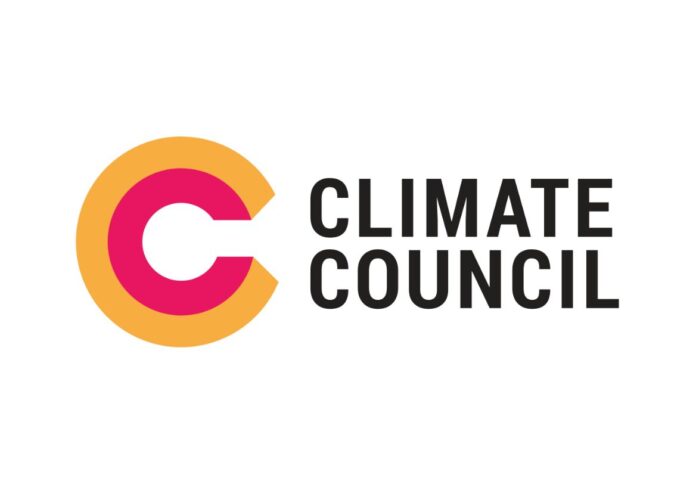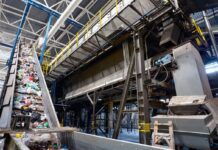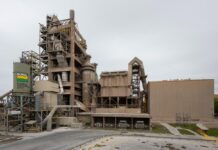
Media Release by The Climate Council
NSW has joined the list of Australian states and territories setting their sights on stronger climate action today, with a commitment to reduce emissions by 70% (on 2005 levels) by 2035.
The Climate Council has welcomed the new target as a positive step towards the deeper emissions reduction needed to meet the challenge of the climate emergency.
Climate Council Head of Advocacy Dr Jennifer Rayner said Australia’s most populous state is on a promising path to meet and beat the targets.
“We are particularly pleased to see the projection that NSW will meet its target of halving emissions by 2030. This is very promising and sets the state up to drive even deeper cuts to emissions.
“There is a real sense of momentum towards a clean future in Australia this year. We’ve seen much stronger targets for renewable energy and emissions reduction announced in Queensland, Victoria and now NSW. It’s great to see states jostling to be at the front of the pack in the race to net zero and Australians will reap the benefits.
“The further and faster states go on reducing emissions, investing in clean energy technologies like renewables, storage and energy efficiency and phasing out fossil fuels, the more benefits they’ll unlock. That’s why it’s essential we keep pushing towards deep cuts in emissions this decade.”
Climate Councillor Nicki Hutley added: “It’s great to see the New South Wales Government increasing ambition and investment in net zero transition, as well as tackling some of the barriers like skills shortages.
“The not-so-good news, however, is the ongoing approval of new fossil fuel developments, primarily for export. Scope 3 emissions will harm Australians by driving more extreme weather, fires and floods, no matter where they are burned.”
To meet the urgency of the climate crisis and in line with the science, the Climate Council recommends that states and territories reduce greenhouse gas emissions to 75% below 2005 levels by 2030 and aim for net zero by 2035.




















